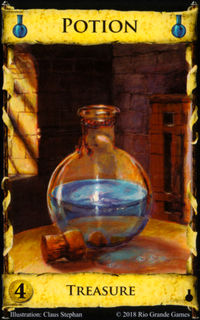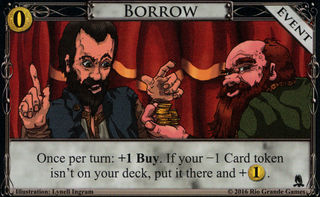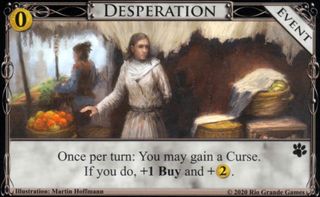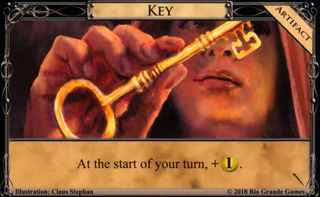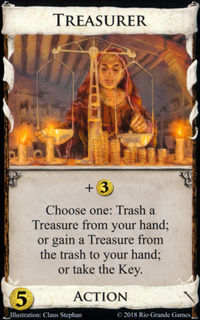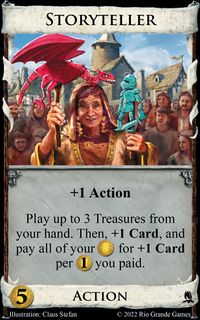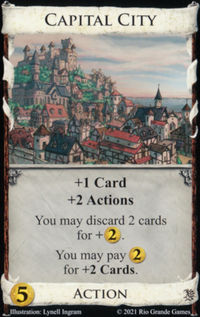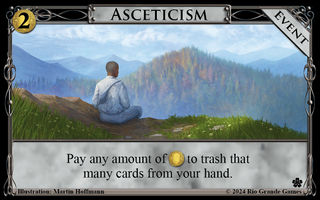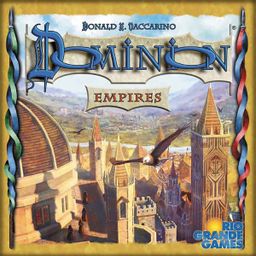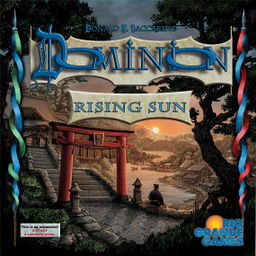Coin
Coin (represented by the symbol ) is the main currency in Dominion. All cards have a cost in Coins, even if that cost is (if a card shows no Coin cost, due to costing only or , it is assumed to have a Coin cost of ). This cost is mainly used to determine how much Coin must be fielded by Treasures and Actions to Buy a card during your Buy phase. In addition, many cards have other effects that depend on their own cost and/or the cost of other cards. A card's cost in is considered to be orthogonal to its cost in or , if it has such costs; there are no exchange rates between , , or . There are also several cards that can reduce the costs of cards in , though this cost can never go below .
Official Rules
- "+" – the player has X number of additional coins to spend in the Buy phase. The player does not take additional Treasure cards for these coins.
- In the Buy phase, the player can gain one card from the Supply by paying its cost. Any card that is in the Supply may be purchased (Treasure, Victory, Kingdom, and even Curse cards). The player may not purchase cards from the Trash pile. Normally, a player may buy only one card, but he may buy more if he played certain cards earlier in his Action phase.
- The cost of a card is in its lower left corner. The player may play some or all of the Treasure cards from his hand to his play area and add to their value the coins provided by Action cards played this turn. The player may then gain any card in the Supply of equal or lesser value. He takes the purchased card from its Supply pile and places it face-up on his Discard pile. He may not use the ability of the card when it is gained.
Sources of Coin
Almost all Treasures produce when played. (Potion produces instead; a handful of Treasures have other effects.) Many Actions also produce ; subcategories of these include terminal silvers, Peddler variants, and disappearing money. The Events Borrow and Desperation produce when bought, instead of costing it. Coffers, which are produced by certain cards from Guilds and Renaissance, are a source of that can be stockpiled for when they are most useful. The Key, an Artifact that can be acquired with the card Treasurer, will provide every turn to the player who holds it. A handful of other card-shaped things from a variety of expansions, including certain Boons, Ways, Allies, and Prophecies, can also produce under various circumstances.
Uses of Coin
The most important use of is buying cards. Several expansions include Events or Projects; these are special effects that are not cards but can be bought during the Buy phase; like cards, most of them are bought by spending .
Various expansions provide uses for other than buying things. Certain cards from Guilds may be overpaid for, allowing for additional to be spent to trigger other effects while buying a card. The cards Storyteller and Capital City allow you to spend to draw cards. and the Event Asceticism allows you to spend to trash cards. Empires and Rising Sun feature , which allows you to accumulate tokens that prevent you from buying anything, which can be removed by spending .
Trivia
The coin symbol, , is markedly darker in the first releases of the Base set. All subsequent sets use a lightened version of the symbol.
Secret History

